The Spectator brings you the latest insight, news and research from the front line. Sign up here to receive this briefing daily by email, and stay abreast of developments both at home and abroad:
News and analysis
- Keir Starmer zeroed in on procurement failures in his first PMQs as Labour leader. He was in the chamber but most MPs asked questions from home, giving the session a Eurovision jury-style feel.
- A new 500-bed NHS Nightingale hospital in Harrogate is to remain empty as local hospitals manage the outbreak.
- Year 10 and Year 12 school pupils ‘might have lost out so much’ in the lockdown that they ‘need to repeat the whole year’, Sir Michael Wilshaw, a former chief schools inspector, has told Radio Four. Meanwhile, only 5 per cent of the UK’s ‘vulnerable’ children have been attending school.
- A Liverpool medical supplies company says it offered to procure 10 million medical masks for the NHS but received no reply. Its case is being taken up by Labour.
- All Public Health England testing centres have been told to switch to commercially provided tests, as it has emerged that thousands of healthcare workers in self-isolation were given faulty tests.
- Civil service chief Sir Simon McDonald has U-turned on his claim that Britain opted out of an EU ventilator scheme for political reasons.
- The number of Brits being referred for cancer treatment has dropped by 75 per cent since the start of the outbreak. 200,000 people per week are no longer being screened for bowel, breast and cervical cancer, Cancer Research UK says.
- The first human trials for a Covid-19 vaccine in the UK begin tomorrow.
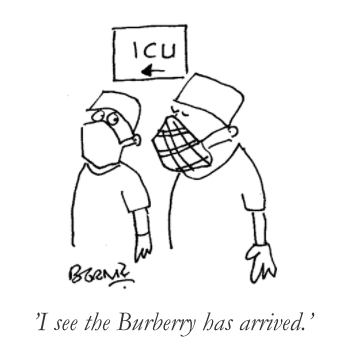
Most of the cabinet want a significant easing of the lockdown in May by James Forsyth
Coronavirus has created two different cabinets: an inner cabinet involved in the key discussions about how to handle the pandemic and an outer cabinet. Last week’s meeting reinforced this point, when some in the outer cabinet were acutely aware that the real decision had been taken by the inner cabinet before the whole cabinet Zoomed in for their meeting.
The outer cabinet tends to be very keen on a significant easing of the lockdown. One minister’s assessment is that two-thirds of the total cabinet favour a substantial reduction in restrictions at the next review in a few weeks’ time.
As I say in the magazine, out tomorrow, Boris Johnson is at Chequers wrestling with the question of what to do. There are no good answers to the problem. Lift the lockdown too soon and you risk a revival of the virus that could overwhelm the NHS, despite all the extra capacity that has been added. But the longer these current restrictions remain in place, the greater the social and economic damage.
The view in Whitehall is that the most likely outcome of the next government review is a mild lifting of restrictions while the UK government watches very closely to see what that does to the R number (the number of people infected by each person with the virus) and what happens in other countries that have gone further in lifting their lockdown.
In words
There’s a pattern emerging here. We were slow into lockdown, slow on testing, slow on protective equipment and now slow to take up offers [of PPE] from British firms.
– Keir Starmer, Labour leader, debuts at PMQs
Vulnerable children are not likely to succumb to the virus but there is a huge secondary risk to them being locked up at home
– Children’s commissioner Anne Longfield on the lockdown (The Times)
There’s no evidence the [Wuhan wet] market sold bats or pangolins, the animals from which the virus is thought to have jumped to humans. And the bat species that carries it isn’t found within 100 miles of Wuhan.
– Senator Tom Cotton on suspicions that the virus emerged from a Chinese government lab (WSJ)
Covid-19 troubles: a new mural on Belfast’s Falls Road
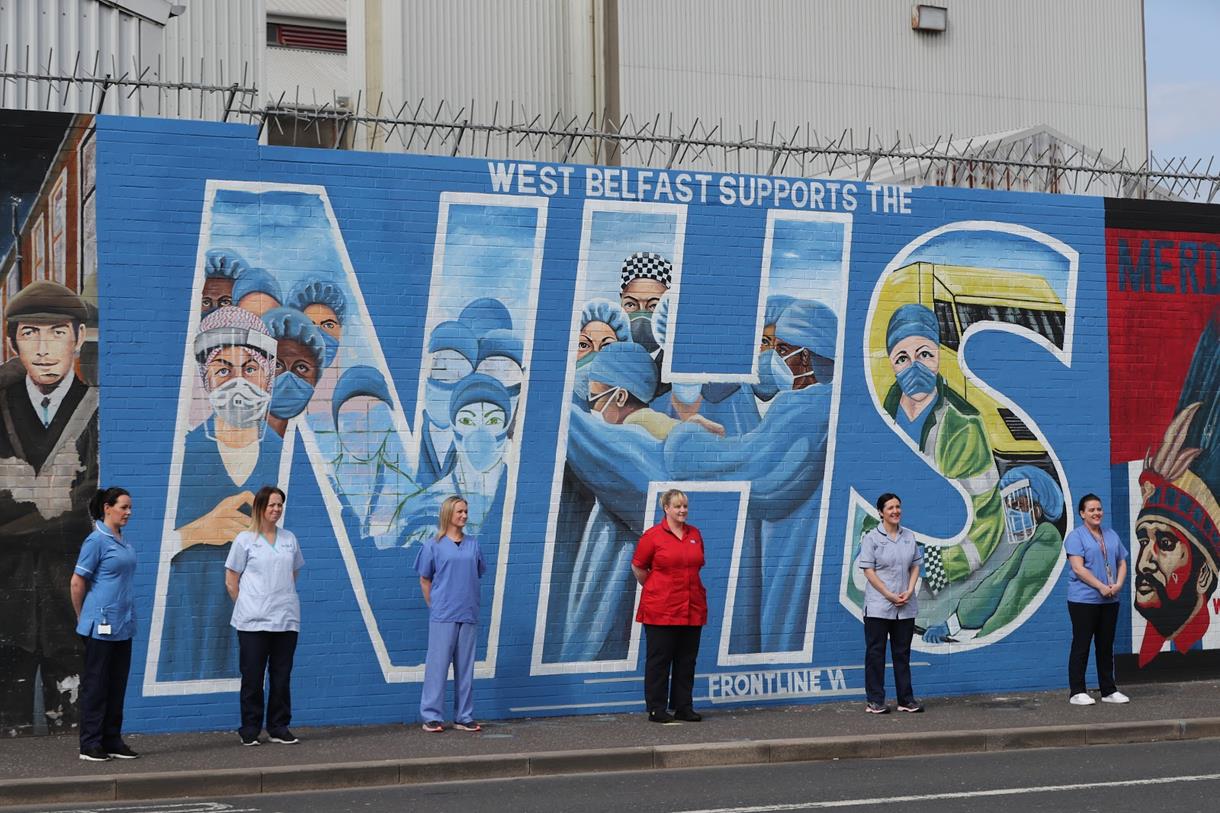
Keir Starmer focuses on Public Health England
At his PMQs debut, Keir Starmer said that UK medical supply firms have contacted Labour MPs to say they’ve tried in vain to sell face masks and other equipment to the NHS. Not to mention Matt Hancock’s pledge to be testing 100,000 a day by the end of the month (just 18,206 were tested on Monday). ‘There’s a pattern emerging here,’ Starmer said. ‘We were slow into lockdown, slow on testing, slow on protective equipment and now slow to take up offers from British firms.’ His criticism lands, because it’s shared by government members, many of whom are appalled at a habit of over-promising and under-delivering. Public Health England’s decision to centralise and control the coronavirus testing process resulted in thousands of healthcare workers in self-isolation being given flawed tests. From today, PHE centres are instructed to use commercial tests instead – precisely the kind PHE was so sceptical of just a few weeks ago.
James Forsyth and Katy Balls discuss Starmer’s PMQs debut on the next Coffee House Shots podcast, up this afternoon.
Global news
- Sweden’s public health authority has withdrawn a study, published yesterday, that suggested Covid-19 infections in Stockholm were 1,000 times those formally diagnosed. ‘We detected errors in the report,’ it tweeted. It intends to republish.
- The economic consequences of the coronavirus outbreak could double the number of people in the world suffering from hunger. The World Food Programme says more than 250 million people could be affected and there is a risk of famine in countries such as Yemen and Venezuela.
- Missouri has filed a lawsuit against the Chinese government over its handling of the coronavirus outbreak.
- Two patients in America died with Covid-19 in early February, weeks before the first fatality was believed to have occurred.
- Donald Trump has announced that America’s immigration ban will last at least 60 days.
In data
FT analysis says UK deaths may be twice as many as stated. Daily death figures are from hospitals and ONS data for all Covid-19 deaths lags by at least 11 days. Assuming a constant relationship between hospital and non-hospital deaths, the FT arrives at a ‘conservative estimate’ of 41,102 deaths against the official figure of 17,337.
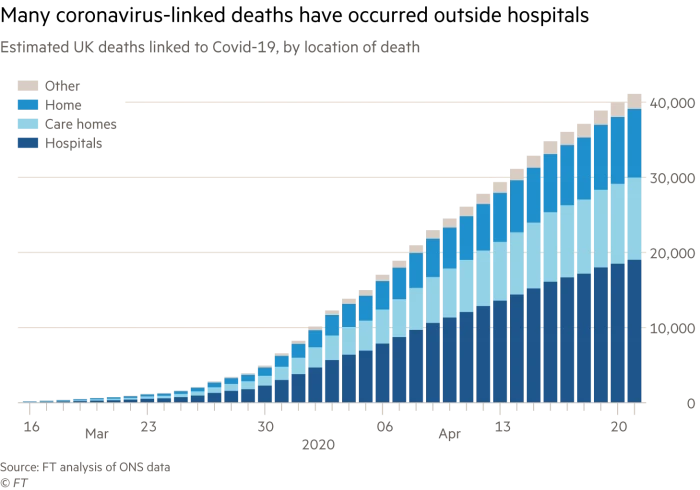
Research
How reliable is the Stanford antibody study?Columbia University statistics professor Andrew Gelman has questioned an antibody study that suggested Sars-CoV-2 has spread 50-85 times further than official figures say (here’s Ross Clark’s write-up). He says the result is ‘not implausible’, but is highly dependent on the specificity of the antibody test used in the survey; that is, how often it falsely says someone has had Covid-19 when they have not. The study’s finding depends on the assumption that the specificity of the test is between 99.5 and 100 per cent. But that’s not certain and ‘the data as reported are consistent with the null hypothesis of no exposure, and also with alternative hypotheses such as exposure rates of 0.1 per cent or 0.5 per cent or whatever.’ Gelman adds: ‘the authors of the above-linked paper owe us all an apology. We wasted time and effort discussing this paper whose main selling point was some numbers that were essentially the product of a statistical error.’ Ultimately, the ‘study is problematic if it is taken as strong evidence for those particular estimates, but it’s valuable if it’s considered as one piece of information that’s part of a big picture that remains uncertain.’
Coronomics
- Netflix has added 16 million new subscribers so far this year, twice what it expected.
- Amazon has given its UK workers a £2-per-hour pay rise, to £12.50 in London and £11.50 outside.
- The global hand sanitiser market is predicted to boom 15-fold over a decade, from $2.4 billion in 2018 to $39 billion in 2027.
- Transport for London will run out of money by the end of the month unless the government intervenes, says Sadiq Khan. Staff will be placed on furlough.
- 20 of the UK’s biggest airlines and holiday companies are withholding refunds from customers. The companies fear bankruptcy if they return the money.
- Two-thirds UK firms have furloughed staff, according to a survey by the British Chambers of Commerce.
- Heineken’s 2020 first quarter profits fell by 68 per cent. Its beer sales fell 14 per cent in March.
Our latest podcast
More from The Spectator
Is Matt Hancock being lined up as the government’s ‘fall guy’? – Katy Balls
The Swedish experiment looks like it’s paying off – Fredrik Erixon
Paris’s banlieues are burning once again – Gavin Mortimer
Watch: Jacob Rees-Mogg moves on from the 14th century – Steerpike
Coronavirus and the new world – James Kanagasooriam

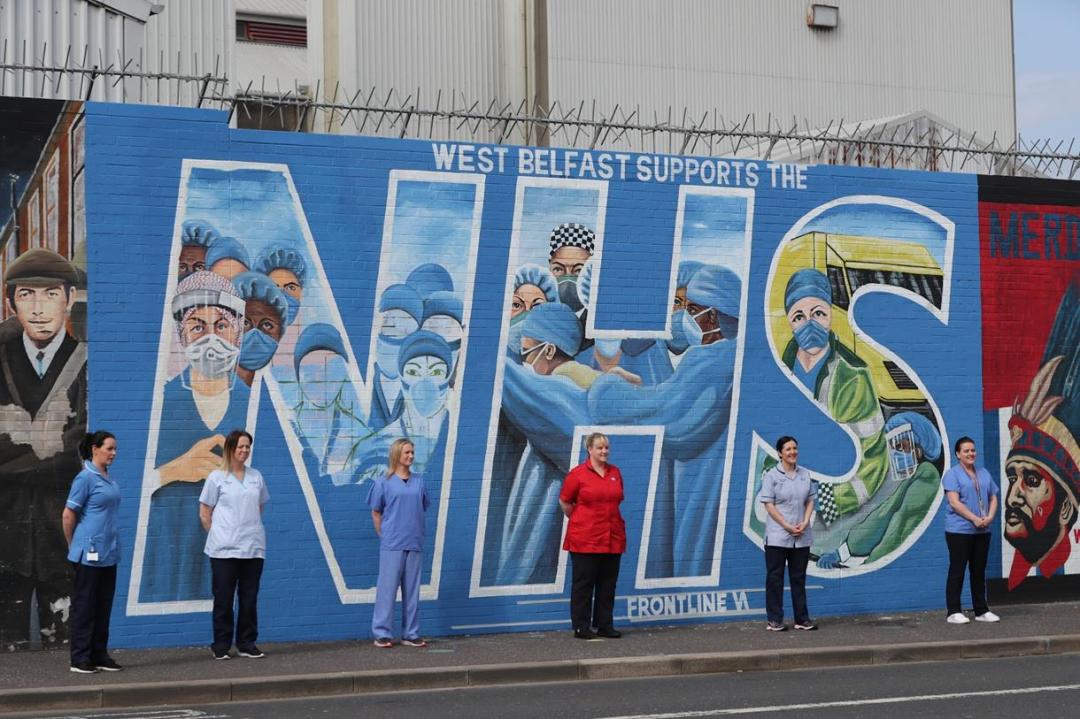
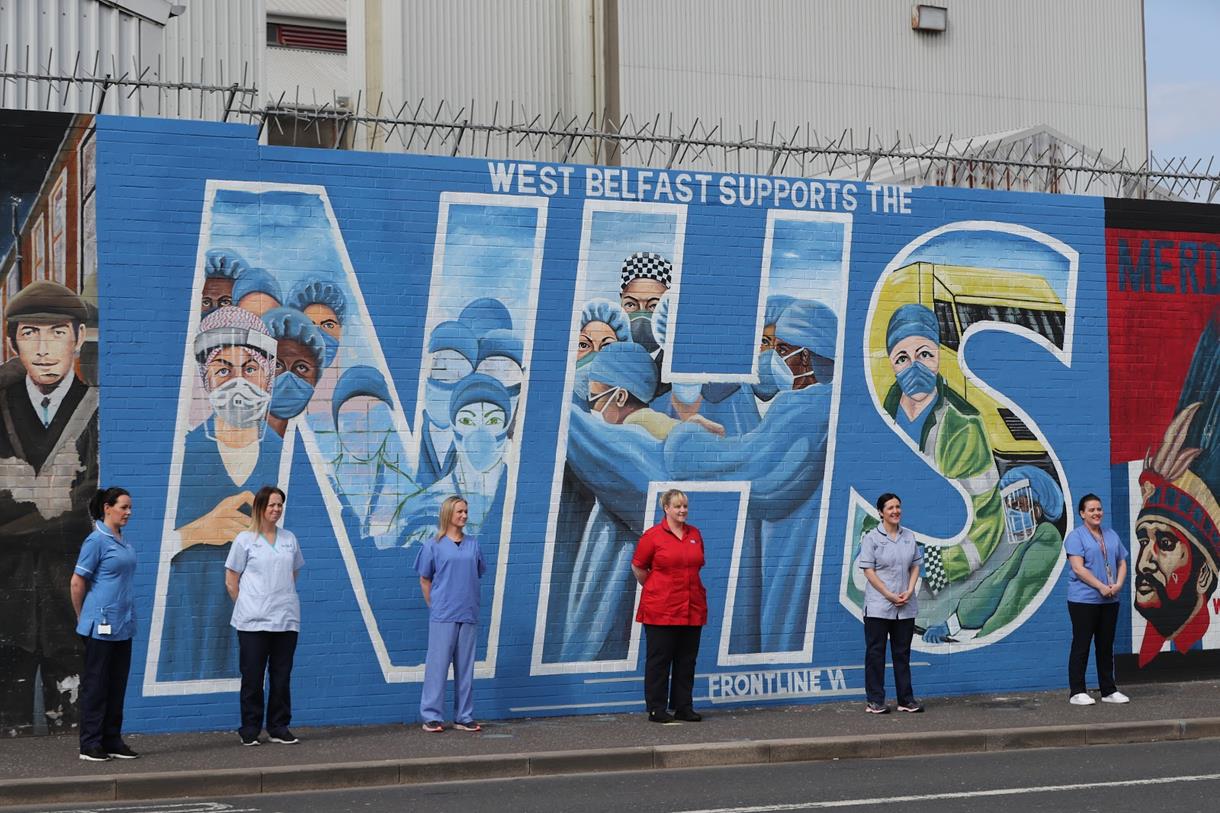




Comments